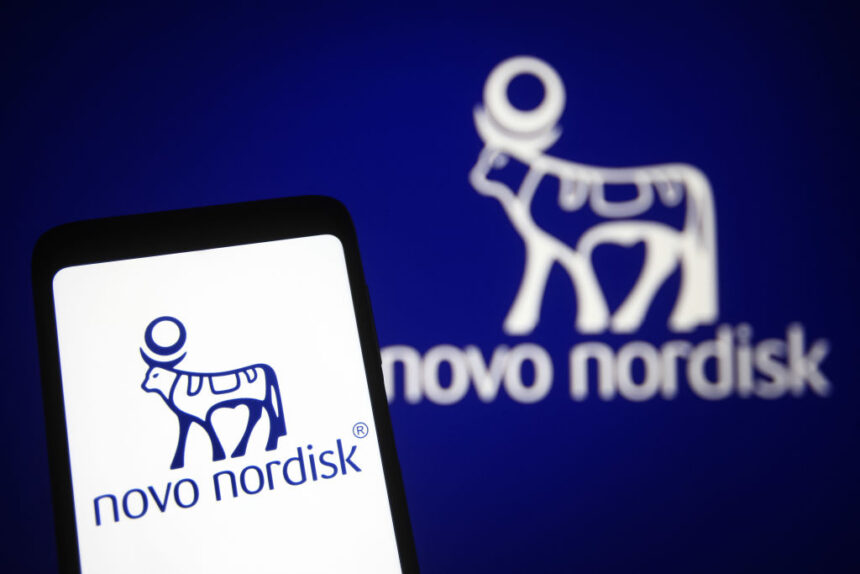Novo Nordisk is spending $1.46 billion to discover, develop and commercialize molecular glue degraders from San Diego-based biotech Neomorph.
As part of the collaboration and licensing agreement, Neomorph will lead the discovery and preclinical activities for selected targets. Novo Nordisk will have the exclusive right to pursue further clinical development and commercialize the compounds.
Per terms of the deal, the Danish pharma giant will provide Neomorph with an upfront payment as well as near-term milestone payments in addition to funding for research and development.
Neomorph will also remain eligible to receive clinical, commercial and sales milestone payments in addition to tiered royalty payments.
“Novo Nordisk is expanding its drug discovery efforts and deploying a range of novel technology platforms with the aim of discovering and developing new treatment solutions for people living with serious chronic diseases,” Brian Vandahl, SVP of global research technologies at Novo Nordisk, said in a statement. “We are pleased to enter this research collaboration and eager to start the scientific work on the novel class of molecular glue degraders being pioneered by Neomorph.”
Molecular glue degraders have taken off in popularity in recent years due to their perceived ability to positively influence several therapeutic targets.
Last spring, Merck inked a multi-year research collaboration and license agreement worth up to $2.55 billion with molecular glue degraders developer Proxygen.
For its part, Neomorph leadership heralded the collaboration as an opportunity to utilize the venture-backed biotech’s proprietary glue discovery platform to support Novo’s work in diabetes, obesity and rare blood disorders, among others.
Neomorph’s story began during the COVID-19 pandemic, when the company announced a $109 million Series A financing round as well as an ongoing collaboration with the Center for Protein Degradation at Dana Farber Cancer Institute.
The pact was unveiled three weeks after the pharma company’s parent entity, Novo Holdings, announced it was acquiring contract drug manufacturer Catalent in a deal worth up to $16.5 billion.
The objective of that transaction was to boost production of Novo’s GLP-1 weight loss drugs Wegovy and Ozempic amid record-high demand that has led to a shortage in multiple markets.
The weight loss products continue to be Novo’s bread-and-butter, with sales of diabetes and obesity care products rising 42% year-over-year in Q4 2023, according to the company’s latest earnings report. GLP-1 diabetes sales jumped 52% and obesity care sales skyrocketed 154% over the same period.
Novo CEO Lars Fruergaard Jørgensen also noted in a statement at the time that the organization’s focus in 2024 will be on expanding its pipeline in addition to bolstering its production capacity.
For a March 2024 article on Novo Nordisk’s Wegovy campaign focusing on how HCPs treat obesity, click here.







